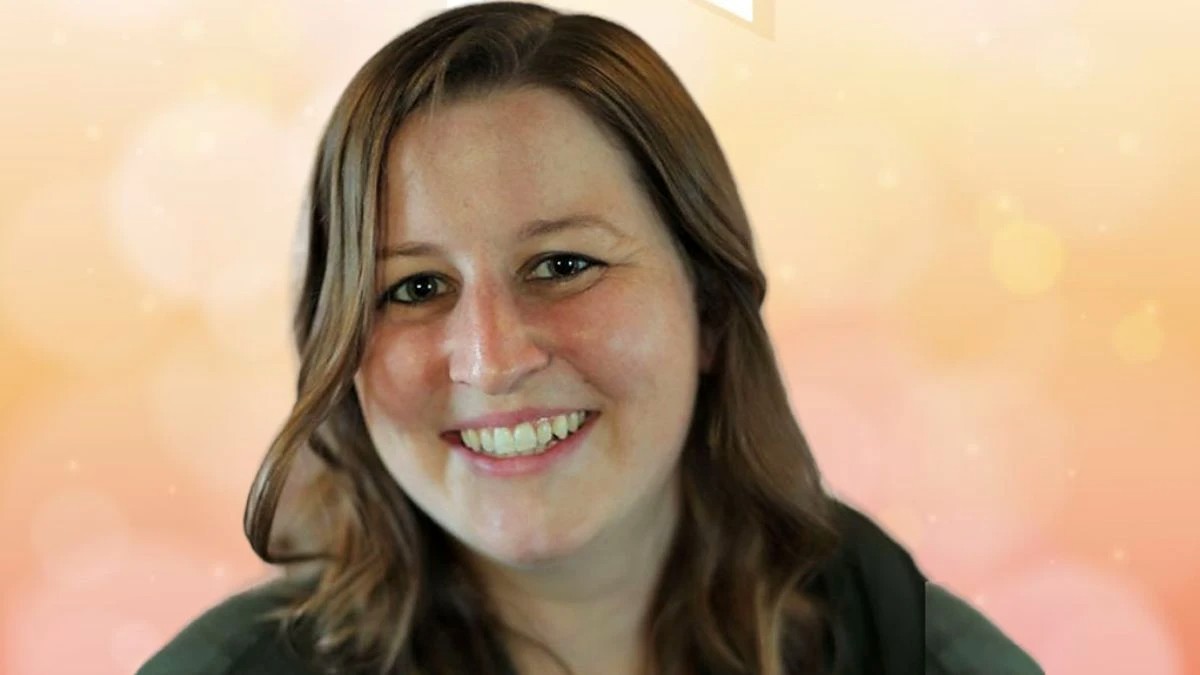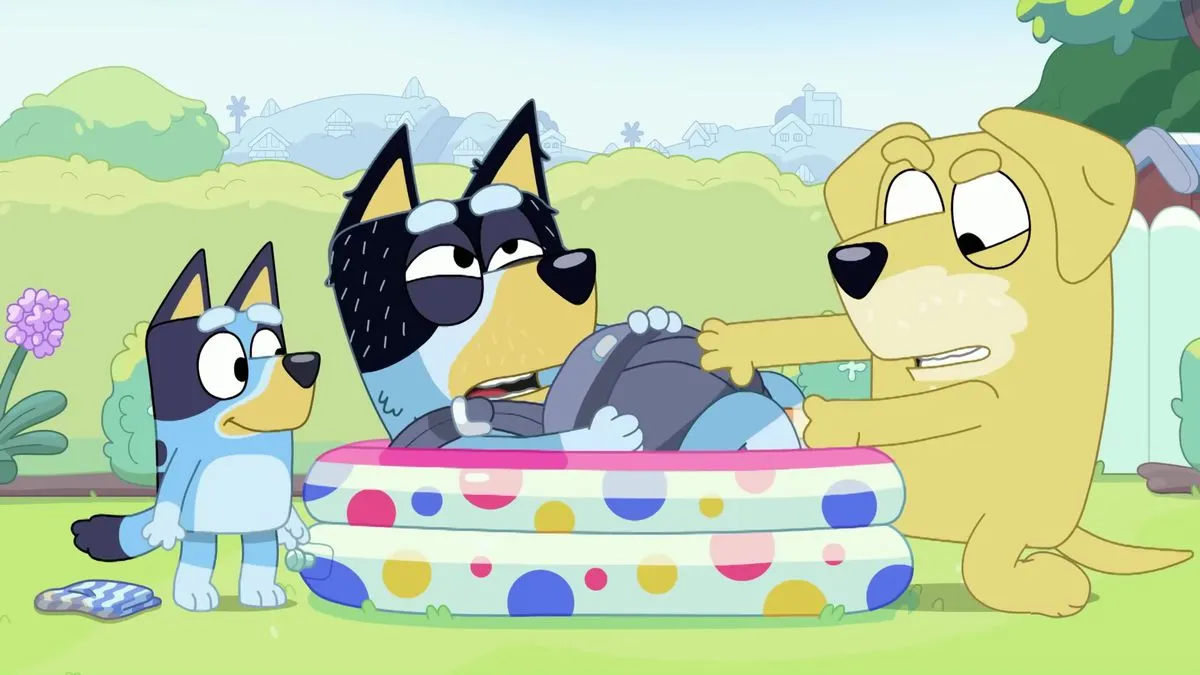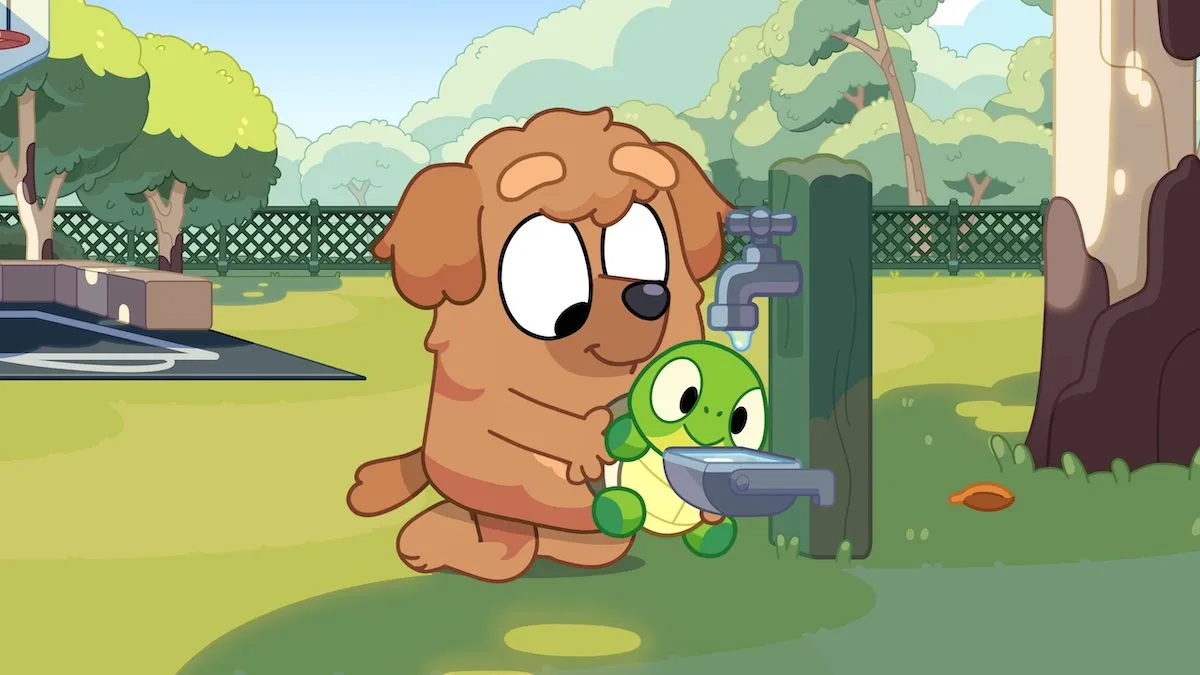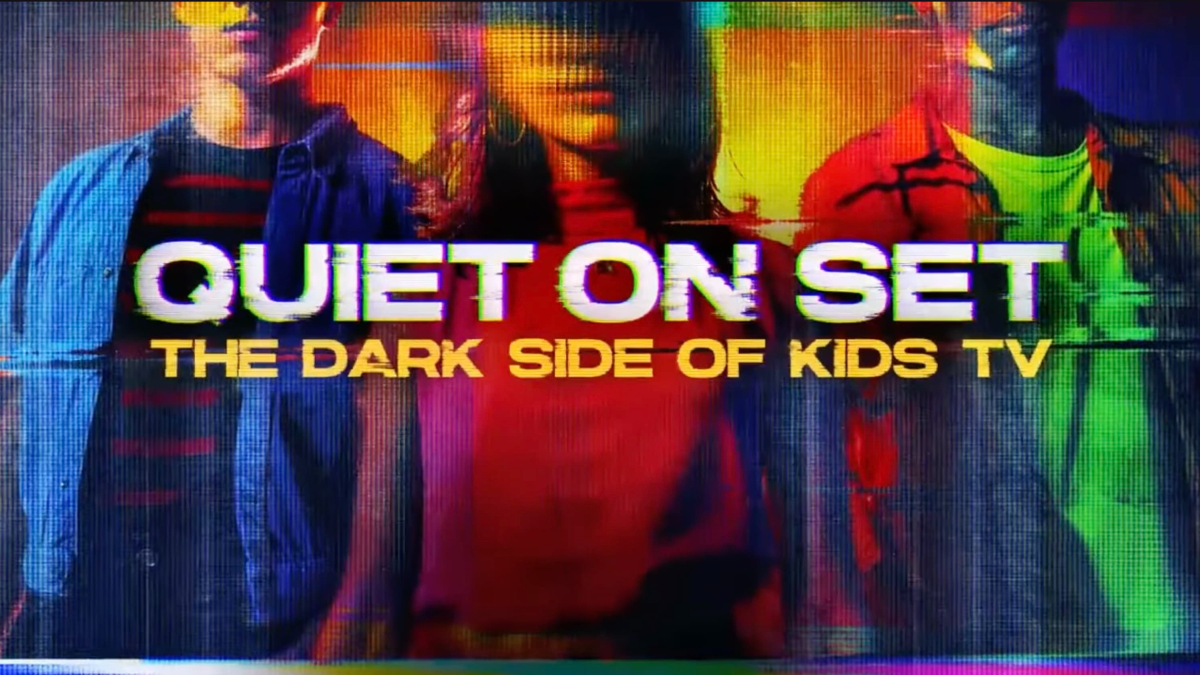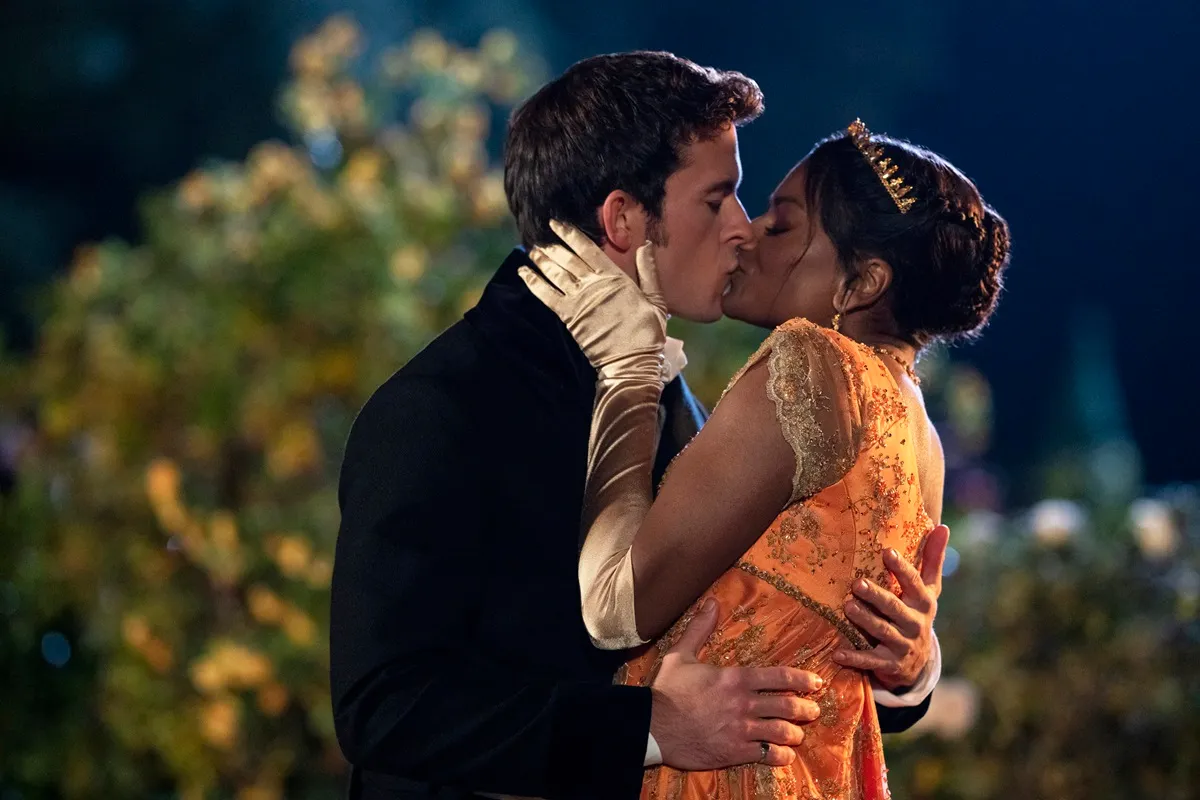Netflix’s new miniseries, The Program: Cons, Cults, and Kidnapping, tells Katherine Kubler’s story of being kidnapped and traumatized by a teen rehabilitation facility. Unfortunately, all of the horrific details from the miniseries are pulled directly from actual experiences within the “troubled teen” industry.
Kubler is far from the first to ring alarm bells over the troubled teen industry (TTI), which is the name given to camps, boarding schools, and facilities that are supposed to “fix” teenage behavior. The reasons why teens might be sent to these facilities vary drastically. In some cases, the teen may actually be engaging in dangerous behavior, and parents see these restrictive environments as a last-ditch effort to try to keep their children safe. However, these facilities are often abused by parents, too. Christian conservative households may send their child to these facilities as punishment for merely exhibiting typical teenage behavior. Some will even send their children away for belonging to the LGBTQ+ community.
However, it’s not just ultra-conservative families that fall for the promises of the TTI. Socialite Paris Hilton has opened up about being sent to a facility in Provo, Utah, as a teenager, where she also endured abuse. Abuse is prevalent across the entire industry due to untrained and unqualified staff and a lack of supervision. Despite the countless horror stories, lawsuits, and deaths associated with these facilities, they remain open. Just last month, all of the children were removed from Trails Carolina wilderness therapy camp after a 12-year-old child died under suspicious circumstances. Kubler made The Program: Cons, Cults, and Kidnapping to further shine a light on the TTI.
The true story behind The Program: Cons, Cults, and Kidnapping
The Program: Cons, Cults, and Kidnapping tells the stories of many survivors of The Academy at Ivy Ridge, including director Katherine Kubler’s. In 2004, Kubler was a typical teen. She describes herself as having been very Christian but was also rebelling against her conservative upbringing and grappling with her father’s remarriage after her mother died when she was two years old. She partook in all the typical teen behaviors, such as drinking and smoking. Her father sent her to boarding school, but she was soon kicked out for possessing alcohol—a Mike’s Hard Lemonade, to be exact. This is where her nightmare started, and she was blindsided by her father’s decision to send her straight to The Academy.
She was kidnapped, recalling being handcuffed by two men, who tossed her into a car and drove her to The Academy, where she was then strip-searched and told she couldn’t go outside anymore, not even to grab her bags. Kubler wasn’t the only victim of the facility’s horrific abduction-like transfer services. Other children were literally snatched from their beds in the dead of night and dragged to a van screaming while their parents looked on.
Kubler and her former classmates recall the restrictive, cult-like environment, where children were forbidden from smiling, talking, going outside, looking out the window, or looking in the mirror. While revisiting the abandoned school, they discovered hundreds of school files, emails, and surveillance tapes that proved the abuse occurred. In addition to following extreme rules, children were subjected to physical, sexual, and emotional abuse. Something as small as looking out the window would result in punishment, with a common punishment being forcing a student to lie facedown on the ground for hours at a time. Kubler also uncovered footage of students being beaten by staffers.
Children were starved, sleep-deprived, and not permitted any privacy, even being forced to use the bathroom with their stall doors open. Kubler was also a victim of emotional abuse, describing how The Academy tried to deeply ingrain it in her that she was “this horrible person for being there.” Kubler even recalls how she’d introduce herself in college by mentioning her time in the facility, as it had brainwashed her into thinking she needed to provide a “disclaimer” to everyone to warn them of how horrible she was.
In the documentary, Kubler sits down with her father, whom she cut contact with due to what she endured at the facility. Like many parents, he claimed to have no idea what was happening within the school. This narrative is backed up by students, who recalled all their phone calls home were listened in on and would be disconnected if they mentioned The Academy’s abuse. The facility would also prevent the mailing of letters. On top of that, it utilized an elaborate PR campaign to fool parents into believing that it was a legitimate school, with false promises of an accredited diploma and brochures promising extracurricular activities and smiling children.
The Academy was shut down in 2009 after multiple complaints of abuse and lawsuits were levied against the school. Its abuse became so well-known that, at the time of its closure, only 60 students remained. Since then, stories and overwhelming evidence have arisen regarding the rampant abuse at The Academy. Unfortunately, for many victims, the statute of limitations will prevent them from taking legal action. It doesn’t appear The Academy and its staff ever faced any legal consequences besides a fine for issuing fake diplomas. The best survivors can do is tell their story, especially as many realize those outside the TTI don’t even know places like The Academy exist.
Although the documentary does confirm advocates and lawmakers are trying to better regulate TTI, it’s a slow process. Even the closing of The Academy was hardly a victory, as Kubler warned that every time one facility closes, another one opens. Not only that, but many of these same facilities will even re-open under a different name. As long as these facilities remain profitable by charging parents obscene amounts of money for lies and abuse, it’s difficult to get rid of them.
Docuseries like The Program: Cons, Cults, and Kidnapping are necessary to allow victims to tell their stories as well as to warn parents and children that these facilities do exist and are still dangerous and potentially lethal.
(featured image: Netflix)



